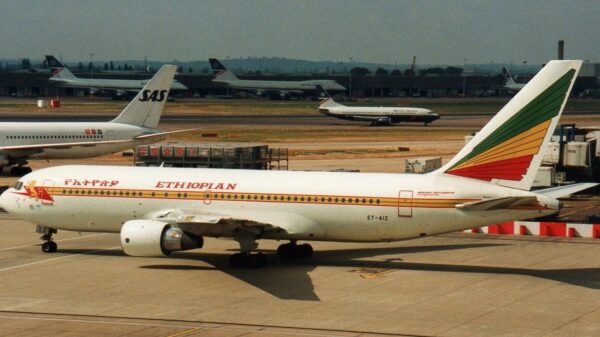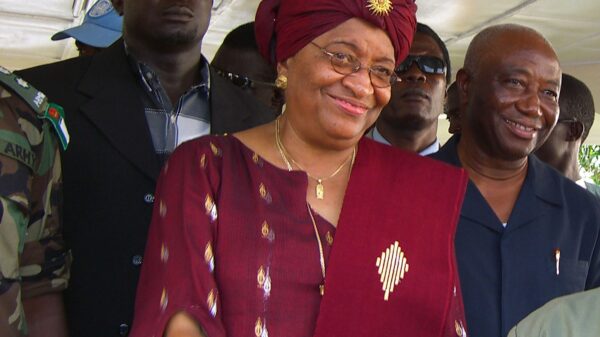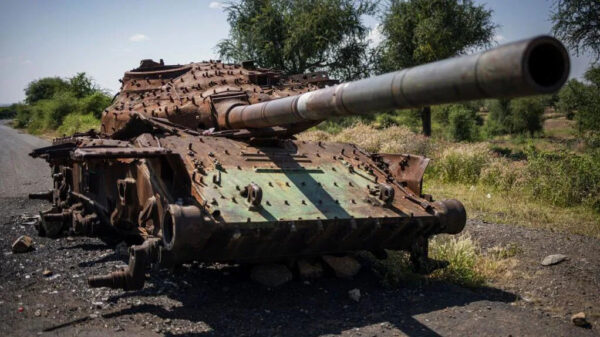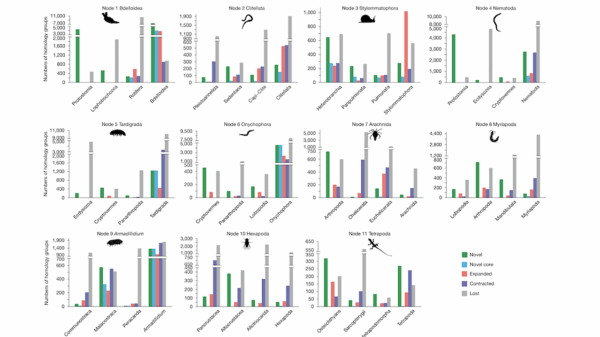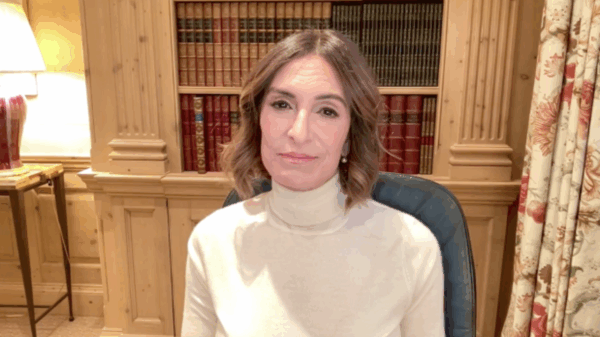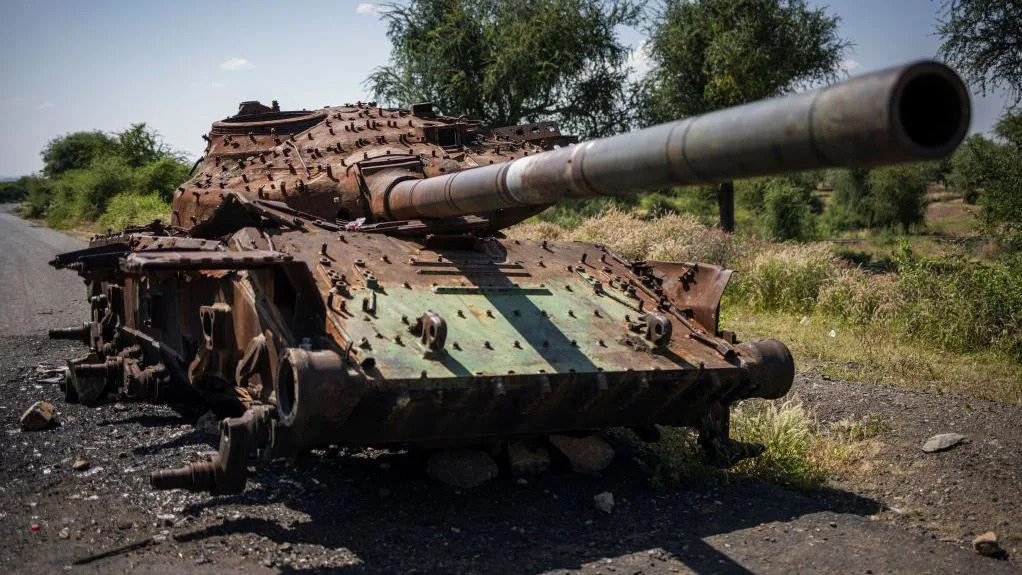Tensions are escalating between Ethiopia and Eritrea, raising fears of potential armed conflict. Recent weeks have seen a surge in hostile rhetoric as Ethiopia asserts its claim over Eritrea’s southern port of Assab, a strategic asset for the landlocked nation. Ethiopian Prime Minister Abiy Ahmed has declared that access to the Red Sea is an existential issue for Ethiopia, a sentiment that Eritrean officials have dismissed as provocative.
Historically, relations between the two countries have been fraught. Eritrea gained independence from Ethiopia in 1993 after a long struggle, only to see tensions flare into a brutal border war that began in 1998, resulting in over 100,000 deaths. Despite a peace agreement in 2000, which was never fully implemented, the two nations have remained at odds.
Ethiopia’s recent rhetoric has been particularly aggressive. On September 1, Abiy referred to the loss of access to the Red Sea as a “mistake” that would soon be rectified. Ethiopia’s ambassador to Kenya, retired General Bacha Debele, further escalated the situation by claiming that Assab is “Ethiopia’s wealth” and would return “by force.” On October 25, army chief Field Marshal Birhanu Jula emphasized the growing population of Ethiopia, suggesting that the interests of its 130 million people outweighed those of Eritrea’s two million.
The Ethiopian military has also ramped up its rhetoric. Major General Teshome Gemechu, head of military diplomacy, stated that regaining Assab port has become a “survival interest.” Meanwhile, other military leaders have indicated that preparations are underway to secure a sea outlet, with reports of thousands of new recruits joining the armed forces.
Eritrea’s response has been comparatively measured. The country’s Information Minister Yemane Gebremeskel described Ethiopia’s claims as “dangerous” and an example of “irredentism.” Eritrea’s information ministry warned that any attempt to legitimize aggression would have severe consequences for Ethiopia.
Despite the rising tensions, there have been no significant military movements reported along the border. However, state media in Ethiopia have been vocal in promoting the narrative that the country was unjustly denied access to the Red Sea. State-controlled news outlets broadcast stories emphasizing the need to reclaim the port, often featuring demonstrations and military ceremonies.
In Eritrea, state media have countered Ethiopia’s narrative by accusing the Ethiopian government of attempting to incite conflict over resolved issues. An editorial from state television criticized Ethiopian officials for trying to “deceive the world” with claims about long-settled territorial disputes.
The roots of the conflict trace back to over a century of colonial history and territorial disputes. Following a period of Italian rule and British administration, Eritrea was federated with Ethiopia, only to be fully absorbed in 1962, igniting a civil war that lasted three decades. Although relations improved briefly in the late 1990s, disputes over border delineations reignited hostilities.
The peace overtures made by Abiy in 2018 initially marked a thaw in relations, earning him the Nobel Peace Prize. However, the alliance between Ethiopia and Eritrea began to fracture again, particularly in light of Ethiopia’s civil war in Tigray from 2020 to 2022, which strained their cooperation.
As the situation develops, both nations remain on high alert. The potential for conflict looms large, with both military and political leaders in Ethiopia making aggressive statements. International observers will be closely monitoring the situation, as any escalation could have significant implications for the stability of the Horn of Africa.


